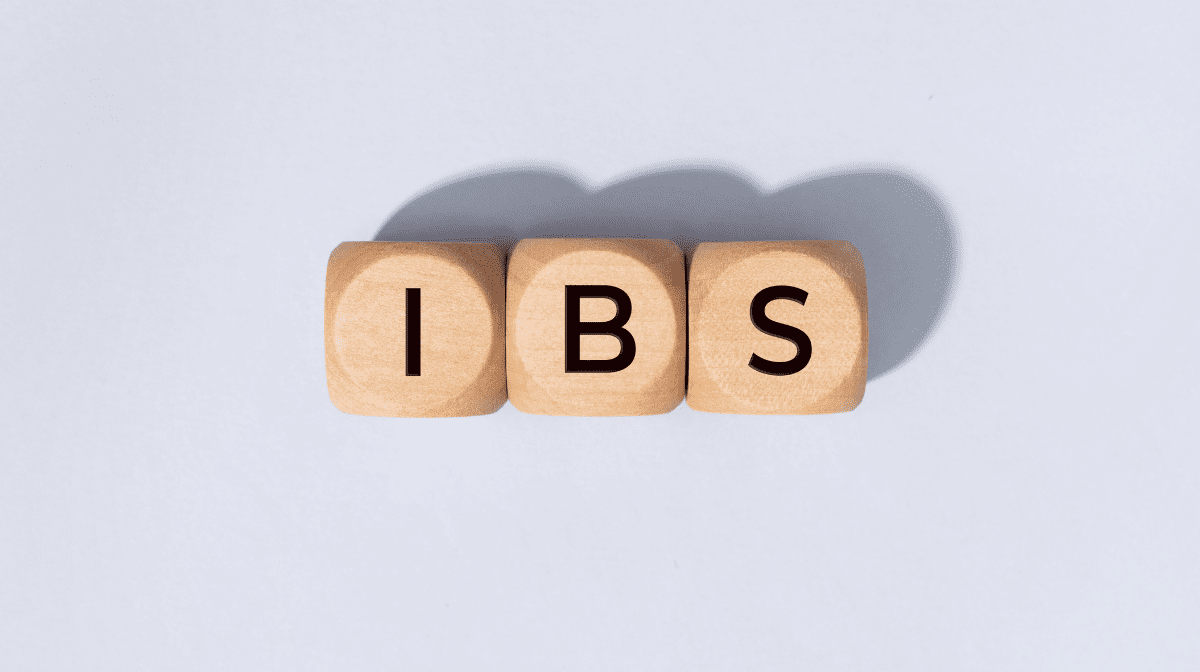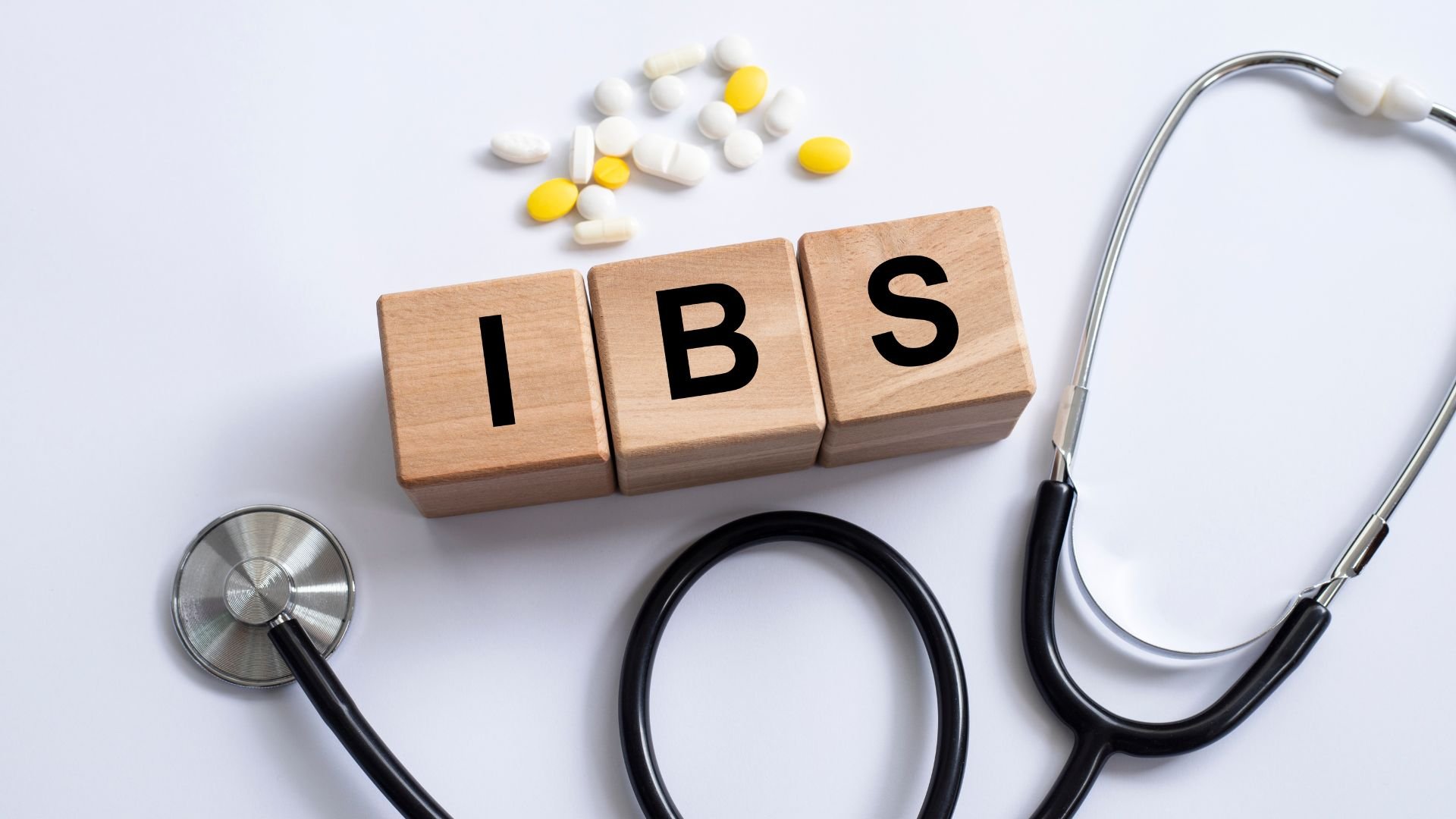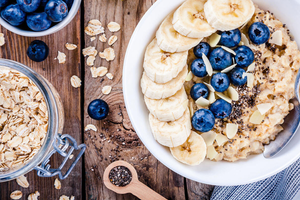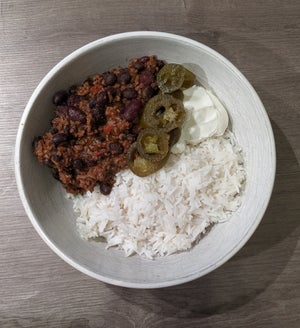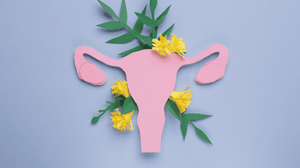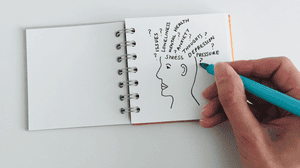
Irritable Bowel Syndrome (IBS) is one of the most common digestive disorders, affecting approximately 1 in 5 people in the UK. But why is it that women are up to three times more likely to suffer from IBS than men? And not only is IBS more prevalent in women, but the way it presents can be quite different too.
While men with IBS tend to experience more diarrhoea-predominant symptoms (IBS-D), women are more likely to report constipation, bloating, and fluctuating symptoms that change throughout their menstrual cycle. Why? It all comes down to a combination of hormones, gut structure, and the gut-brain connection.
How Men and Women’s Guts Differ
At first glance, the male and female digestive tracts look the same. However, there are key differences in gut anatomy and function that impact how IBS develops and presents in women:
Hormone receptors in the gut: The female gut is loaded with oestrogen and progesterone receptors, and research suggests that people with IBS have even more of these receptors, making them highly sensitive to hormonal fluctuations (1).
A more twisted gut: Women’s bowels are packed into a smaller abdominal frame alongside reproductive organs. This means they are more convoluted and twisted than men’s, which may contribute to slower gut transit and bloating.
Slower digestion: Women generally have a longer gut transit time than men, meaning food moves through the digestive system more slowly. This contributes to constipation, especially during certain phases of the menstrual cycle.
Pelvic floor and uterus effects : The female pelvic floor, uterus, and bladder all sit close to the bowel, which can affect gut motility. Pregnancy and menopause can further complicate this balance.
The Role of Hormones in IBS
One of the biggest factors influencing IBS in women is hormonal fluctuations. Oestrogen and progesterone play a major role in gut function, and their impact can be seen throughout different life stages:
1. The Menstrual Cycle & IBS
Many women with IBS notice that their symptoms worsen at certain times of the month, particularly in the lead-up to their period. This is because:
Progesterone slows gut motility, leading to constipation in the second half of the cycle.
Oestrogen fluctuations affect cortisol receptors in the gut, potentially increasing stress-related gut symptoms.
Prostaglandins production increases just before menstruation, triggering cramps and diarrhoea in some women.
The result of this is that some women experience constipation mid-cycle, followed by looser stools around their period, a pattern that isn’t seen in men with IBS.
2. Pregnancy & IBS
During pregnancy, progesterone levels increase, leading to even slower digestion. Many pregnant women struggle with constipation, bloating, and reflux, especially in the first trimester. As the baby grows, pressure on the intestines and pelvic floor can further disrupt gut motility (2).
Interestingly, women with IBS-D sometimes see an improvement in their symptoms during pregnancy, while those prone to bloating often find it worsens due to hormonal changes and fluid shifts.
3. Perimenopause & Menopause
As women enter perimenopause and menopause, IBS symptoms often change yet again:
Constipation and bloating become more common, as oestrogen levels decline.
Gut microbiota shifts have been observed in that postmenopausal women have a gut microbiome more similar to men.
Metabolism slows, leading to increased bloating and discomfort after meals.
Some women develop acid reflux, particularly in early menopause (3).
Interestingly, there’s limited research on how Hormone Replacement Therapy (HRT) affects IBS symptoms, but anecdotal reports suggest mixed results.
The Gut-Brain Connection in Women with IBS
IBS is now considered a disorder of the gut-brain interaction. Research shows that the gut and brain communicate via the gut-brain axis, which is influenced by hormones and neurotransmitters.
Women are twice as likely to be diagnosed with anxiety and depression, conditions that are closely linked to IBS (4).
Serotonin, the neurotransmitter that affects both mood and gut motility, has different receptor distributions in the female gut compared to men, possibly affecting how stress impacts digestion.
The SMILES trial found that dietary changes significantly improved mood in people with depression, further highlighting the gut-brain link (5).
Unfortunately, many women with IBS feel dismissed by doctors, with symptoms often being attributed to stress or "just part of being a woman." This highlights the need for better awareness, research, and tailored treatment approaches.
Do Women Need a Different IBS Treatment Approach?
Despite the clear biological differences, IBS has often been treated the same way in men and women. However, experts are now calling for sex-specific research to better understand women’s needs. Some key areas of focus include:
Gut microbiota & oestrogen metabolism: The gut microbiome plays a role in metabolising oestrogen, which could explain why microbiota imbalances are linked to IBS (6).
Hormonal considerations: IBS treatments may need to be adapted based on menstrual cycle phase, pregnancy, or menopause status.
Pelvic floor therapy: Since pelvic floor dysfunction contributes to constipation, pelvic physiotherapy could be a game-changer for women with IBS-C.
Targeted probiotics: While probiotics for gut health are widely studied, research on probiotics for vaginal and hormonal health is still in its early stages. The British Society of Gastroenterology suggests trialing multi-strain probiotics for three months, if no benefit is seen, stop (7).
Conclusion
IBS affects men and women differently, yet for years, treatments have remained largely gender-neutral. As research evolves, it’s clear that hormones, gut structure, and the gut-brain connection all play a role in shaping symptoms. While there’s no one-size-fits-all solution, understanding how IBS manifests differently in women can help individuals find more personalised ways to manage their symptoms, whether that’s through dietary changes, stress management, probiotics, or hormonal considerations.
If you’re a woman struggling with IBS, you’re not imagining it, your gut is biologically different, and your symptoms deserve to be taken seriously.
Dietary IBS Management
Belly Balance offers a digital IBS management in their app Belly Balance. The app is just being launched into the UK market and is free to download for everyone. The app consists of a 11 step IBS management, recipes, FODMAP lists and a FODMAP barcode scanner, everything to help the user in everyday life. The app has over 120,000 downloads in Sweden where it originate from, and is validated to help over 85% of the users with their IBS symptoms. Belly Balance work together with dietitians and gastro doctors to increase awareness of IBS and make IBS management accessible for everyone.
Sources:
Meleine M, Matricon J. Gender-related differences in irritable bowel syndrome: potential mechanisms of sex hormones. World J Gastroenterol. 2014 Jun 14;20(22):6725-43. doi: 10.3748/wjg.v20.i22.6725. PMID: 24944465; PMCID: PMC4051914.
Edwards SM, Cunningham SA, Dunlop AL, Corwin EJ. The Maternal Gut Microbiome During Pregnancy. MCN Am J Matern Child Nurs. 2017 Nov/Dec;42(6):310-317. doi: 10.1097/NMC.0000000000000372. PMID: 28787280; PMCID: PMC5648614.
Woods, N.F., Mitchell, E.S. The Seattle Midlife Women’s Health Study: a longitudinal prospective study of women during the menopausal transition and early postmenopause.
womens midlife health
2, 6 (2016). https://doi.org/10.1186/s40695-016-0019-xFond G, Loundou A, Hamdani N, Boukouaci W, Dargel A, Oliveira J, Roger M, Tamouza R, Leboyer M, Boyer L. Anxiety and depression comorbidities in irritable bowel syndrome (IBS): a systematic review and meta-analysis. Eur Arch Psychiatry Clin Neurosci. 2014 Dec;264(8):651-60. doi: 10.1007/s00406-014-0502-z. Epub 2014 Apr 6. PMID: 24705634.
Jacka, F.N., O’Neil, A., Opie, R.
et al.
A randomised controlled trial of dietary improvement for adults with major depression (the ‘SMILES’ trial).BMC Med
15, 23 (2017). https://doi.org/10.1186/s12916-017-0791-yShaikh SD, Sun N, Canakis A, Park WY, Weber HC. Irritable Bowel Syndrome and the Gut Microbiome: A Comprehensive Review. J Clin Med. 2023 Mar 28;12(7):2558. doi: 10.3390/jcm12072558. PMID: 37048642; PMCID: PMC10095554.
Vasant DH, Paine PA, Black CJ, Houghton LA, Everitt HA, Corsetti M, Agrawal A, Aziz I, Farmer AD, Eugenicos MP, Moss-Morris R, Yiannakou Y, Ford AC. British Society of Gastroenterology guidelines on the management of irritable bowel syndrome. Gut. 2021 Jul;70(7):1214-1240. doi: 10.1136/gutjnl-2021-324598. Epub 2021 Apr 26. PMID: 33903147.


